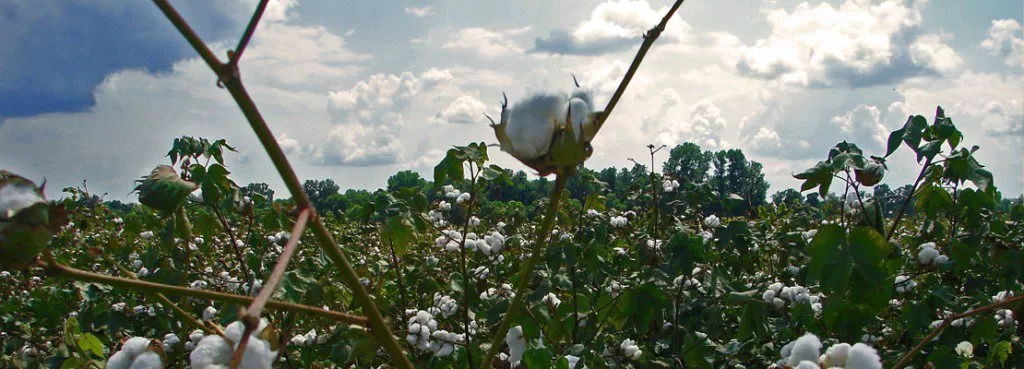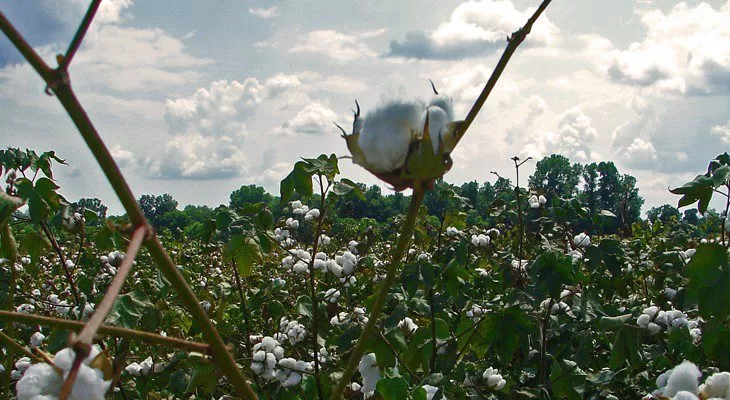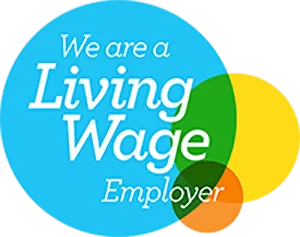
Fair Wear vs Fairtrade
Purchasing ethically sourced clothing can feel like a minefield. With so many accreditations and different brands to choose from, how do you know which products meet your ethical standards? Two of the ethical accreditations that you will come across frequently in the clothing industry are Fair Wear Foundation and Fairtrade. They may sound similar, but these accreditations mean different things. Read on to learn more about the difference between Fair Wear and Fairtrade clothing.
What is the Fair Wear Foundation?
In 1999 the FNV, a Dutch worker’s union, joined forces with the Clean Clothes Campaign. Together they aimed to improve labour standards in the garment industry. They started working locally in the Netherlands and today have expanded to become the Fair Wear Foundation, working with over 130 member brands in Asia, Africa and Europe.
What Does the Fair Wear Foundation Do?
The Fair Wear Foundation aims to support workers in the garment industry with their right to safe, dignified and properly paid employment. Focusing on the most labour intensive part of the supply chain, garment production, the Fair Wear Foundation supports workers involved in the sewing, trimming and cutting processes.
The Fairwear Foundation partners with over 130 brands around the world to ensure that member brands adhere to a specific Code of Labour Practices. These labour standards are derived from the UN’s Declaration of Human Rights, meaning that Fair Wear’s labour practices are based on internationally recognised standards.
What Are the Fair Wear Foundation’s Code of Labour Practices?
These are the Fair Wear Foundation’s 8 Code of Labour Practices:
- Employment is Freely Chosen – There shall be no forced, including bonded or prison labour.
- Freedom of Association and the Right To Collective Bargaining – Workers have the right to form unions and bargain collectively.
- There is No Discrimination in Employment – Recruitment, wage policy, admittance to training programmes, employee promotion policy, policies of employment termination, retirement, and any other aspect of the employment relationship shall be based on the principle of equal opportunities, regardless of race, colour, sex, religion, political affiliation, union membership, nationality, social origin, deficiencies or handicaps
- No Exploitation of Child Labour – There shall be no use of child labour. The age for admission to employment shall not be less than the age of completion of compulsory schooling. There shall be no forms of slavery or practices similar to slavery, such as the sale and trafficking of children, debt bondage and serfdom and forced or compulsory labour.
- Payment of Living Wage – Wages and benefits paid for a standard working week shall meet at least legal or industry minimum standards and always be sufficient to meet basic needs of workers and their families and to provide some discretionary income.
- Reasonable Hours of Work – Hours of work shall comply with applicable laws and industry standards. In any event, workers shall not on a regular basis be required to work in excess of 48 hours per week and shall be provided with at least one day off for every seven-day period. Overtime shall be voluntary, shall not exceed 12 hours per week,
- Safe and Healthy Working Conditions – A safe and hygienic working environment shall be provided, and best occupational health and safety practice shall be promoted.
- Legally Binding Employment Relationship – Obligations to employees under labour or social security laws and regulations arising from the regular employment relationship shall not be avoided through the use of labour-only contracting arrangements, or through apprenticeship schemes where there is no real intent to impart skills or provide regular employment. Younger workers shall be given the opportunity to participate in education and training programmes.
Source: www.fairwear.org
How Does the Fair Wear Foundation Ensure its Practices are Followed?
The member brands are subject to third-party checks, independent of the Fair Wear Foundation. These checks occur at three different levels:
- Brand Level – Checks of the management and business practices are conducted to see which decisions may cause issues further down the production line and which decisions are helping to improve labour conditions.
- Factory Level – Working conditions are inspected in the factories of the partner brands.
- People Level – Factory and garment workers are interviewed to give their insight and opinions on how working conditions could be improved.
These thorough checks boost the credibility of the member brands and ensure that real change can be made within the industry.
Whilst the Fair Wear Foundation focuses on the people involved further down the supply chain, Fairtrade focuses on the very beginning stage of garment production.
What Is Fairtrade?
The Fairtrade Foundation was founded in 1992 after Mexican small-scale coffee farmers appealed for fairness in trade. Originally established by CAFOD, Christian Aid, Oxfam, Traidcraft, the World Development Movement and the National Federation of Women’s Institutes, the Fairtrade Foundation now has more than 1.9 million workers and farmers working in Fairtrade certified organisations.
What Does the Fairtrade Foundation Do?
Fairtrade works with farmers, businesses and governments to help make trade fair and help to secure sustainable livelihoods for their producers. Fairtrade aims to set environmental, social and economical standards for farmers and companies involved in the supply chain. These standards include:
- Protecting workers rights
- Protecting the environment
- Payment of the Fairtrade Minimum Price safety net
- Payment of the Fairtrade Premium
The Fairtrade Foundation believes that the best way to eliminate poverty is to pay farmers a fair wage for their produce and their workers a fair wage for their labour.
Why Does Fairtrade Cotton Matter?
Approximately 350 million people work in the cotton sector. Many of these people struggle to be paid a fair price for their work and produce due to heavily subsidised producers in rich countries driving the price of cotton down.
Fairtrade aims to work with these people to give them an alternative route to selling their cotton and receiving a higher and more stable income. Fairtrade terms means that these suppliers are paid at least the Fairtrade Minimum Price, giving the workers a safety net in times of sudden price drops.
In addition to the Fairtrade Minimum Price (FTMP), the producers are paid a Fairtrade Premium (FTP). The FTP gives producers extra funds which they can invest in social or economical projects. Where and how these funds are spent is decided democratically by the farmers themselves.
This safety net means that in turn, farmers have greater cash flow, access to credit and the ability to save money.
How Does the Fairtrade Foundation Ensure Its Practices are Followed?
A subsidiary of Fairtrade, FLOCERT was founded in 2003 to act as an independent verifier that ensures all companies involved in the Fairtrade supply chain are adhering to Fairtrade standards. In order to reassure consumers that this has been verified, the use of the Fairtrade Mark is licensed to be used on products and packaging to show that these standards have been met.
When all ingredients in a product are Fairtrade certified, they carry this mark:
When only part of a product is Fairtrade certified, they carry this mark:
What Is The Difference Between Fair Wear and Fairtrade?
Both Fair Wear and Fairtrade have the same aim of ensuring the people are treated and paid fairly. However, they have slightly different approaches and target different parts of the supply chain; benefitting different people.
The Fair Wear Foundation focuses on brand accountability and factory workers in the supply chain, ensuring that their member brands take responsibility for the conditions and surroundings of their workers. The Fairtrade Foundation works at the beginning of the supply chain focussing on the cotton farmers.
Which Is Better, Fair Wear or Fairtrade?
Both organisations make a huge difference in the garment industry. By targeting different areas of the supply chain, they are helping to reduce hardship and improve the lives of farmers, labourers and manufacturers across the world.
The Fair Wear Foundation openly admits that clothing production can never be 100% fair. However, both organisations are proof that small changes can make a big difference. As consumers, we can make the conscious choice to purchase garments that are accredited by one of these foundations. Yes, they can be a little more expensive than non-accredited garments, however this is quite literally the price we pay to make sure that workers in poorer countries are being treated and paid fairly.
We cannot say if Fairtrade or Fair Wear is better than the other as both organisations are essential to creating equality in a complex industry. By making smarter choices and supporting these foundations, we can help to make the garment industry a fairer place for all.
If you’d like to learn more, click to read more about our Fairtrade T-shirt printing and Fair Wear custom clothing.
If you would like to discuss purchasing ethical clothing that is accredited by Fair Wear or Fairtrade, Get In Touch with us and a dedicated account manager would be happy to help.


